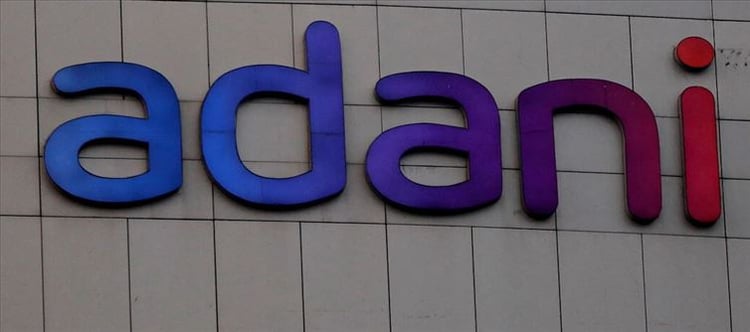
The adani Group, one of India's largest conglomerates, has categorically denied any allegations of misconduct, asserting that none of its 11 publicly listed companies are implicated or accused of wrongdoing. This statement was made by the group’s CFO in response to a U.S. report that raised concerns about potential irregularities in its operations.
This announcement highlights the stark difference between the group's internal stance and the external scrutiny it faces. Let’s explore how Adani's statement compares to similar situations faced by other global corporations accused of malpractices:
Adani Group’s Stance
- The CFO emphasized the group's compliance with regulatory norms and affirmed that none of its listed companies were under indictment.
- This defense follows allegations from a U.S.-based research organization, which had earlier cast doubts on governance and financial practices within the group.
Similar corporate Cases
Volkswagen Emissions Scandal
- Allegation: volkswagen initially denied wrongdoing despite mounting evidence of emissions test manipulations.
- Outcome: The company later admitted to violations, paid hefty fines, and revamped its governance practices.
- Comparison: While volkswagen initially deflected responsibility, adani has outright denied any accusations, maintaining a strong defense.
- Enron Collapse
- Allegation: Enron faced allegations of widespread accounting fraud, which it initially denied.
- Outcome: The denials crumbled under legal scrutiny, leading to one of the largest bankruptcies in U.S. history.
- Comparison: Unlike Enron, Adani’s rebuttal is backed by its assertion that external audits and regulatory checks have found no wrongdoing.
- Tata Steel Acquisition Controversy
- Allegation: Tata Steel faced criticism over its Corus acquisition, with concerns about financial transparency and impact on shareholders.
- Outcome: Tata Steel maintained its transparency, disproving the allegations through detailed financial disclosures.
- Comparison: Adani’s approach aligns more with Tata Steel’s proactive clarification of issues rather than a defensive posture.
Global Scrutiny vs. Domestic Defense
Adani’s statement reflects a confidence rooted in its adherence to compliance standards, positioning itself as a target of external forces rather than an actual violator. However, the conglomerate’s ability to sustain this narrative may depend on further transparency and legal validation, similar to how companies like Tata or apple have handled external probes.
While comparisons offer insight into how corporations navigate allegations, the adani Group’s firm stance distinguishes it from historical cases where denials were later proven false. Time will tell whether the group's assertion of innocence holds under sustained scrutiny or if a more comprehensive investigation unveils deeper concerns




 click and follow Indiaherald WhatsApp channel
click and follow Indiaherald WhatsApp channel